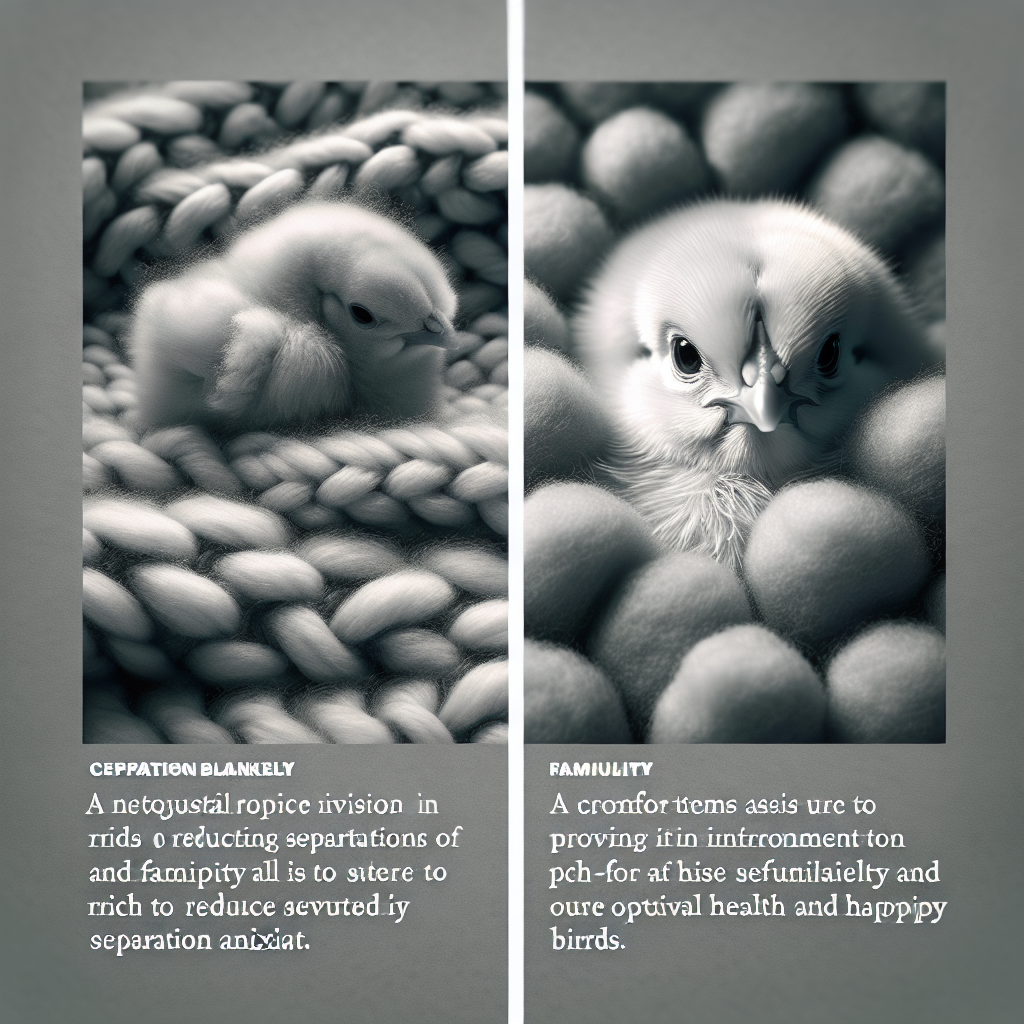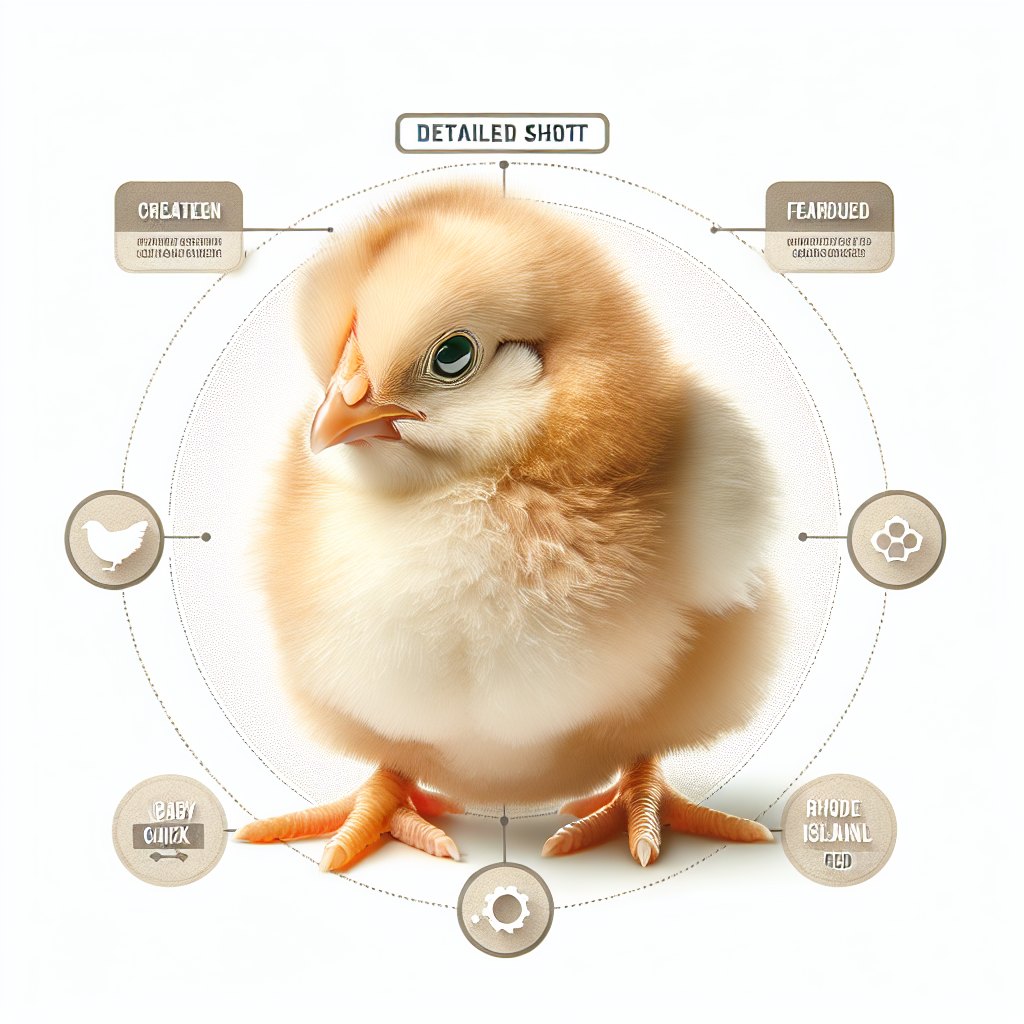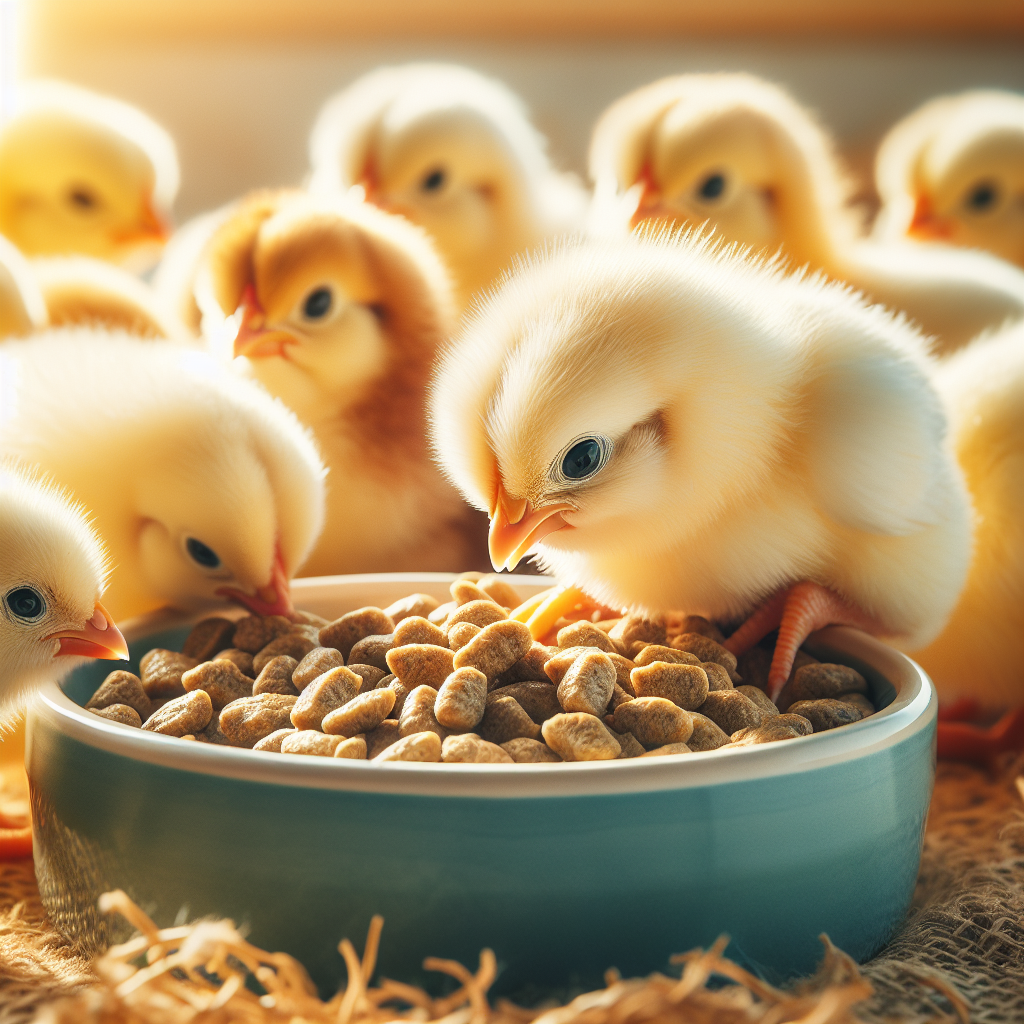Have you ever wondered if baby chickens face any behavioral issues and what can be done to address them? In this article, we will explore the common behavioral issues that can arise in baby chickens and provide you with practical solutions to help address and manage these challenges. From understanding their natural instincts to providing them with a suitable environment, you will gain valuable insights on how to promote their well-being and enhance their development. So, let’s dive into the fascinating world of baby chicken behavior together and discover effective ways to ensure they thrive in their surroundings.
Common Behavioral Issues in Baby Chickens
Baby chickens, like any other living beings, can experience behavioral issues that may affect their well-being and development. Understanding these common problems is the first step in addressing and resolving them effectively. In this article, we will explore various behavioral issues that often arise in baby chickens and discuss practical strategies to address them.
Separation Anxiety
Separation anxiety is a common behavioral issue in baby chickens that occurs when they are separated from their flock or caregiver. This can lead to distress, vocalization, and even self-harming behaviors. To address separation anxiety:
Gradual Separation
When separating baby chickens, it is essential to do so gradually. Gradual separation allows them to adapt to the new environment and develop confidence over time. Start by separating them for short periods, gradually increasing the duration as they become more comfortable.
Comfort Items
Providing comfort items, such as a soft blanket or stuffed animal, can help alleviate separation anxiety. These items offer a sense of security and familiarity, reducing stress levels and promoting a smoother transition.
Social Interaction
Another effective approach is to ensure social interaction with other chickens or caregivers. Chickens are social animals and thrive in the company of others. Encouraging socialization can reduce feelings of loneliness and separation anxiety.
Distraction Techniques
Engaging baby chickens in fun and stimulating activities can help distract them from separation anxiety. Providing toys, puzzles, or treats can keep their minds occupied and redirect their attention away from their worries.
Visual Barriers
Creating visual barriers between separated chickens and their flock or caregivers can minimize distress. This can be achieved by using fences or opaque dividers, preventing direct visual contact and reducing separation-related anxiety.
Dealing with Feather Pecking
Feather pecking is a behavioral issue where chickens peck and pull out each other’s feathers, leading to physical harm and distress. To address feather pecking:
Providing Adequate Space
One of the main causes of feather pecking is overcrowding. Ensuring that baby chickens have sufficient space to move around and engage in natural behaviors can reduce aggression and minimize the occurrence of feather pecking.
Reducing Boredom
Boredom is often a contributing factor to feather pecking. Providing environmental enrichment, such as perches, dust-bathing areas, and objects to peck at, can keep baby chickens engaged and satisfied, reducing the likelihood of feather pecking.
Avoiding Excessive Heat
High temperatures can trigger aggressive behaviors in chickens, including feather pecking. Providing adequate ventilation and ensuring comfortable ambient temperatures can decrease stress levels and discourage feather pecking.
Ensuring Proper Nutrition
Nutritional deficiencies can contribute to feather pecking. A well-balanced diet that meets the nutritional needs of baby chickens is crucial to promote healthy feather growth and minimize the risk of pecking.
Use of Anti-Pecking Products
In severe cases, anti-pecking products such as sprays or ointments can be used to deter chickens from pecking each other. These products contain substances that taste unpleasant, redirecting the chickens’ focus away from feather pecking.
Preventing Cannibalism
Cannibalism, where chickens injure or kill each other, is a serious issue that requires immediate attention. To prevent cannibalism:
Avoiding Overcrowding
Similar to feather pecking, overcrowding can contribute to cannibalism. Providing adequate space in the chicken coop or enclosure is vital to reduce stress levels and minimize aggressive behaviors.
Balanced Nutrition
Ensuring that baby chickens receive a balanced and nutrient-rich diet is crucial in preventing cannibalism. Proper nutrition supports healthy growth, strengthens immune systems, and reduces the likelihood of abnormal pecking behaviors.
Maintaining Optimal Lighting
Proper lighting is essential in preventing cannibalism. Bright and consistent lighting can reduce pecking incidents, as chickens are more active and alert in well-lit environments.
Treating Wounds and Injuries
Promptly treating any wounds or injuries is crucial to prevent them from being targeted by other chickens. Isolate injured chickens and treat their wounds using appropriate antiseptics or veterinary guidance to reduce the likelihood of cannibalism.
Beak Trimming
In severe cases, beak trimming may be necessary. This procedure involves removing a small portion of the beak to prevent chickens from causing significant harm to each other. However, it is essential to consult with a veterinarian before considering beak trimming, as it requires professional expertise and should be performed with care.
Addressing Boredom and Aggression
Boredom and aggression often go hand in hand in baby chickens, leading to various behavioral issues. To address these problems:
Environmental Enrichment
Creating a stimulating environment is crucial in reducing boredom and aggression. Providing objects to peck at, perches to climb on, and areas for dust bathing can keep baby chickens engaged and promote healthier behaviors.
Providing Toys or Fodder
Offering toys or natural fodder, such as leafy greens or vegetable scraps, can keep baby chickens occupied and divert their attention from aggressive behaviors. These activities mimic their natural foraging instincts and provide mental stimulation.
Rotating the Environment
Regularly changing the layout of the chicken coop or enclosure can prevent boredom and reduce aggression. The novelty of the rearranged environment encourages exploration and fosters more positive interactions among the chickens.
Encouraging Natural Behaviors
Allowing baby chickens to engage in natural behaviors such as scratching, pecking, and dust bathing is essential in preventing boredom and redirecting their energy towards healthier activities.
Socializing with Other Chickens
Introducing baby chickens to compatible flock members can promote socialization and reduce aggression. Companion chickens can provide positive role models and help establish a harmonious social hierarchy, minimizing behavioral issues.
Dealing with Inactivity
Inactivity or lack of exercise can detrimentally impact the physical and mental well-being of baby chickens. To address inactivity:
Creating a Stimulating Environment
Providing a stimulating environment with various perches, ramps, and obstacles can encourage baby chickens to explore and engage in physical activities. This promotes healthy muscle development and overall physical fitness.
Ensuring Proper Nutrition
A well-balanced diet is essential in promoting energy levels and overall vitality in baby chickens. Providing high-quality feed that meets their nutritional requirements encourages physical activity and reduces the likelihood of inactivity.
Monitoring Temperature
Extreme temperatures, whether too hot or too cold, can discourage chickens from engaging in physical activities. Ensuring comfortable ambient temperatures within the chicken coop or enclosure is essential for promoting movement and exercise.
Assessing Health Issues
Inactivity can be a symptom of underlying health issues in baby chickens. Regular health assessments, including monitoring for signs of illness or injury, are crucial in addressing any potential health problems that may contribute to their inactivity.
Encouraging Exercise
Apart from creating a stimulating environment, actively engaging with baby chickens by introducing playtime and encouraging exercise can improve their overall fitness levels. Activities such as supervised free-ranging, obstacle courses, or gentle exercise routines can be beneficial.
Addressing Isolation
Isolation can lead to boredom, anxiety, and depression in baby chickens. To address isolation:
Promoting Social Interaction
Promoting social interaction among baby chickens is essential in reducing feelings of loneliness and isolation. Encouraging them to interact with their flock or providing companionship through human interaction can alleviate these negative emotions.
Introducing Companions
If baby chickens are isolated, consider introducing compatible companions to keep them company. Compatible individuals can provide comfort and companionship, reducing feelings of isolation and promoting overall well-being.
Providing Suitable Housing
Ensuring that the housing arrangement allows for social interaction is crucial in addressing isolation. Providing ample space, suitable perches, and areas for group activities can facilitate socialization and minimize the negative effects of isolation.
Ensuring Sufficient Lighting
Proper lighting is important in reducing feelings of isolation in baby chickens. Well-lit environments create a sense of openness and promote activity and socialization among the chickens.
Monitoring for Signs of Distress
Regularly monitoring baby chickens for signs of distress or changes in behavior is crucial in identifying potential feelings of isolation. Promptly addressing any signs of distress can mitigate the negative effects and improve their overall well-being.
Stay tuned for the next part of this article, where we will continue to explore more common behavioral issues in baby chickens and the strategies to address them.




